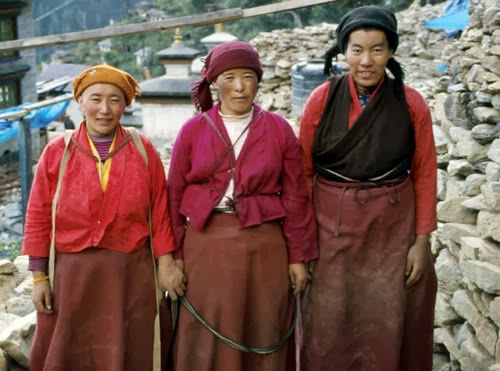People all over the world seem to be fuming over Operation
Preventive Edge being launched by Israel to attack Hamas militants in Gaza. In
the ensuing attacks, hundreds of Palestinians have been killed, mostly
civilians. Many people are blaming the Israelis for being atrocious and brutal
and not respecting human rights.
However much I detest the killing of innocents in a war, I
cannot help but having sympathy for the Israelis. The situation is not easy.
Gaza is controlled by Hamas, whose constitution demands the total obliteration
of the Israeli state. They try and attack Israeli civilians whenever they have
the opportunity. But the problem arises when Israel responds to such attacks
and decides to bring the perpetrators to justice. Hamas quickly hides behind
civilian cover. They use human shields to protect themselves and fire rockets
from heavily populated urban areas where it is virtually impossible to hit them
without getting civilians killed. They even hide weapons in schools and
hospitals knowing well that Israel would generally avoid bombing them http://www.thestatesman.net/news/67507-UN-Chief-outraged-at-weapons-found-in-UN-school-in-Gaza.html
. Thus, whenever Israel tries to attack a militant who has taken cover behind
civilians, some civilians are killed in the process. The whole international
community then jumps up to admonish Israel and call it names. What about the
fact that even in the 21st century, a country refuses to acknowledge
another country but rather vows to destroy it completely? Iran has vowed to
eradicate Israel from the map and has openly supported Hamas militants and
encourage them with words and deed to keep attacking Israel.
When faced with such a situation what would you do? Will you
refrain from attacking the militants who keep firing rockets at your citizens,
or keeps murdering them, because attacking them will kill other civilians? Will
you stand with hands in your pocket as others around you vow to kill you? Or
will you act for your self-preservation? Will you try to remove the threat that
you face? Israel is doing what it has to to survive. It is militarily more
powerful than Hamas so their action is much larger in scale than Hamas, and
therefore comes under scrutiny. Israel did agree to a ceasefire but Hamas
refused. Does Hamas not care for the lives of the Palestinians in whose name
they fight? Israel seems ready to stop this carnage but Hamas is not.
It is time we stood back and took stock of the whole
situation instead of jumping to the same conclusion every time violence breaks
out in Gaza vis-à-vis that Israel is murdering Palestinians in cold blood. It
is time we acknowledge the breaches committed by Hamas of both human rights and
international laws. Israel is right to suspect the verdict given by any UN
investigation of the situation as every other time in the past the
international community has been swift to blame Israel for every escalation in
violence in that area. Maybe Israel is to blame for using more military might
than necessary, but that does not mean that the entire international community
just sidesteps the role that Hamas has played in escalating the violence and
continuing to endanger the lives of the common Palestinians whom they proclaim
to be fighting for. It is time we called a spade, a spade.























